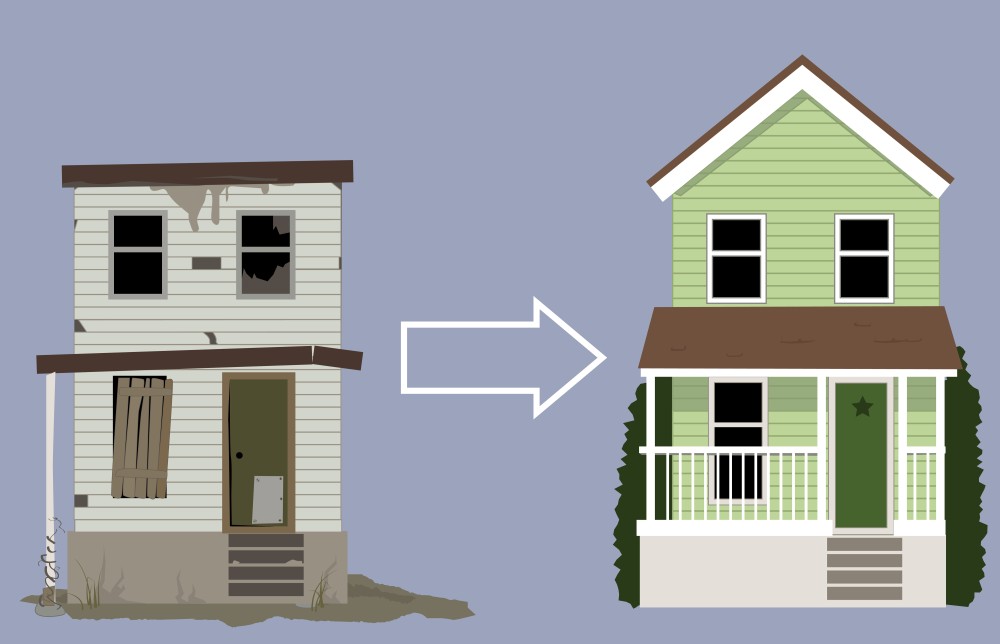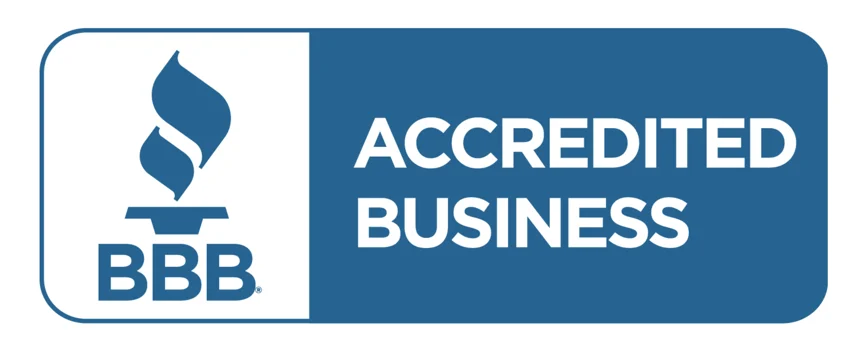If you own a rental property, chances are you’ve dealt with at least one problem tenant. The good news is that one bad tenant is manageable and you can probably resolve the issue with ease. The bad news is that one bad tenant can quickly escalate to two, three, or even four bad tenants — and that’s when things start getting overwhelming.
If it seems like you’re constantly dealing with problem tenants, you might be wondering what you can do.
Below are some common types of problem tenants paired with recommendations on what you can do about them.
5 Types of Problem Tenants
The first step to successfully managing problem tenants is to know what a problem tenant is. When you choose to manage a property, you should be proactive in understanding certain indicators to look out for, and certain types of behaviors that are red flags.
To illustrate this point, here are a few fictional problem tenant personas to watch out for.
1. Missed Payment Mike
As you could likely guess, the most common type of problem tenant is one who misses or partially pays a rent payment. While you may be able to grant Mike some flexibility and patience with payment deadlines once or twice, it can’t be an ongoing issue.
Otherwise, you’re left without the money you need to own and manage the property successfully.
2. Subletting Susie
Subletting isn’t always a problem, but it can be in certain circumstances like:
- If you, as the property manager, don’t allow it — and that’s written in your contract.
- If your tenant doesn’t fill out the property subletting paperwork.
- If your tenant invited unauthorized roommates and guests for long-term stays.
3. Property Damage Pam
From holes in the wall, to disarmed smoke detectors, to carpets full of cat urine, some rental property managers truly have seen it all. Property damage can include broken items, negligence in cleaning, and unapproved improvements or DIY projects.
Unauthorized upgrades or damages can result in you having to pay more or having to pester your tenants to fix the issue themselves.
4. Law Breaker Lenny
If your tenants are breaking laws, or if you fear for you and other tenants’ safety, you should first call the police.
Any practices that are legally restricted in your area should be reported as soon as you are aware of them. This includes anything from illegal drug usage and sales to illegal possession of weapons.
For more info, visit Michigan Legal Help
5. Complainer Carly
Your tenants have a right to complain about pertinent issues with the property, or if something isn’t working properly. However, there is a line that needs to be drawn. Your tenants shouldn’t be constantly bothering you with complaints about tedious things like the color of paint on the wall or a small scratch on their door.
How to Deal with Problem Tenants
Managing a rental property is a difficult task in and of itself. It can quickly become a full-time job with all of the duties you’re responsible for. When you add dealing with bad tenants to the list, it can be too much.
Here are some ideas on how to deal with problem tenants and nip problematic behaviors in the bud — relieving you of some of the stress.
Revamp Your Contract
If you haven’t done so already, take a second look at your contracts and lease agreements. They should be specific about what the expectations are if a tenant chooses to live at your property, as well as what the consequences will be if they fail to meet them. That way, you always have something concrete to fall back on in the case of an unfortunate situation.
Your best bet with nailing down a solid contract and lease agreement is to work with a legal professional. Find a lawyer who is experienced in real estate — specifically in rental properties — and have them revise your contract so all of your bases are covered.
Do Background Checks
You should always screen your tenants before allowing them to live at your property. Their financial and criminal history can tell you a lot about what kind of tenant they may be, and if you’re willing to work with them or not.
It’s important to conduct background checks through a trusted resource. This way, you can ensure the information is accurate and you can avoid evaluating applicants with any unfair or biased criteria.
Conduct Tenant Interviews
Aside from a background check, you can choose to take it a step further and conduct an interview with each tenant interested in living at your property. Schedule a 30-minute meeting, meet with them face-to-face, and ask them a list of questions related to their life on your property.
Similarly, it’s important here to get legal assistance while creating a screening questionnaire. This way, you’ll ensure you and your team aren’t prejudiced in making your decision.
Perform Routine Inspections
If you’ve had problems with any of the tenant problems listed above, you may want to start performing routine inspections in each of the units you manage. You can then keep closer tabs on what’s happening at your property and identify problems early on.
Your inspection list could include looking at things like: damage, unauthorized guests, unauthorized pets, and any illegal activity. It’ll also help you keep better track of what maintenance items need to be done.
Serve Eviction Notices According to State Laws
Eviction is often the last resort option. However, in some cases, it’s necessary. If your tenant has given you justifiable reason for eviction, make sure you document all arguments for eviction and put together all the necessary paperwork beforehand. Follow the eviction process according to state laws, otherwise you could end up being sued for wrongful eviction.
What to Do When You’re Out Of Options
If you’ve worked through each of the options above and are still having troubles, or if you’re not willing to try the options in the first place, you might be looking for a different way out of property management. Your best bet? Sell.
Selling your rental property can place the troubles into somebody else’s hands. And, yes, you can sell your rental property while tenants are living there, as long as you notify your tenants of a change in property management.
While it may be hard to part with a rental property you worked so hard to manage, it also might be the best choice for you. You can remove a lot of the stress it brought and look forward to your next adventure.
Sell Your Rental Property to Hometown Development due to problem tenants
Sometimes the stress of problem tenants just isn’t worth dealing with anymore. If you’re ready to move on from managing your rental property, you can get it off your hands quickly by selling it to our team at Hometown Development. No realtors, repairs, or hassle — just a market-value cash offer in your pocket and an easy step to your next adventure.
For more information on our hassle-free selling process, give us a call at 616-379-3077 or contact us online.
















